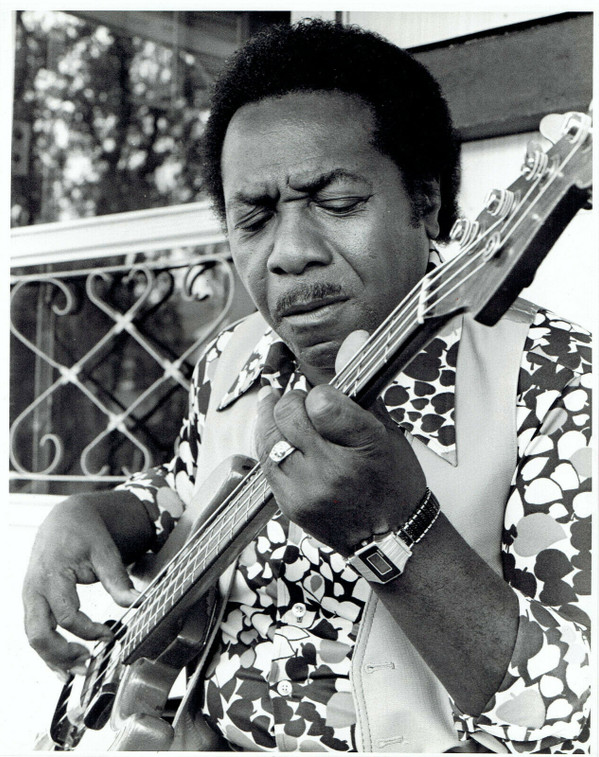Chicago Pete
Настоящее имя: Chicago Pete
Об исполнителе:
Alford Harrell ("Chicago Pete"), 1931-2001 Born in 1931 in rural Tennessee, Alford Harrell (better known as Chicago Pete) has the history of the archetypal bluesman right up to the point of actually having learned to sing on the cotton field and in the church. Raised up in a religious home, gospel and spirituals were Pete's roots. His mother was a "sweet singer" who taught the kids all kinds of music. "There were no labels back then - just music," said Pete. Young Alford was brought up with his mother's encouragement to reap the full potential of his talents. Knowing well himself what his talent was, Pete's early years were spent singing in groups like his uncle's Heavenly Harmonizers. After serving in the Korean War, Pete found himself in Detroit. From '54 until he moved to Chicago in'59 he performed in gospel vocal groups The Songs of Zion and The Golden Harmoneers. That same year he took up guitar briefly before settling on the bass, under the tutelage of a musician named Robert Bester. "The Fender bass was real popular," said Pete. It was a fine time to start into the blues, as Chicago through the fifties and sixties was rife with clubs and musicians, and as time wore on, Pete got in there like a dirty shirt. By the late sixties, Pete had played with many of the hallmark names of Chicago blues of that era - Earl Hooker, Willie Mabon, Junior Wells, and many others - but he got especially close to Jimmy Dawkins, working much of the time with him. They played a lot at a little after-hours club called the Squeeze. Appropriately named for its size, The Squeeze was a popular spot among musicians, and surely many graced the small stage. Other memorable gigs were at the Peacock, where Pete was a member of the house band; and a place called the Bossa Nova Club. The proprietor there told Pete "As long as you can keep up with that juke-box, the stage is yours", and so Pete with his own group, the Live Wires, covered all the popular styles, and subsequently held down a second house gig. Pete left the band and the Bossa Nova behind when he hooked up with Junior Parker, the man who was perhaps Pete's single biggest influence. He worked with Junior on the road all over the country for three or four years until just before Parker's death in '71. Pete moved back up to Detroit in the early seventies and soon fell in love with the scene there which included people like Little Mack Collins, Alberta Adams, Little Sonny, and Mr. Bo. On a friend's advice that since he spent all those years in Chicago, he should start calling himself CHICAGO PETE, and his new band "The Detroiters," Pete picked up a new handle and a hot new band. The Detroiters were an eight-piece band (or more) outfit with a four-piece horn section, and the big band for nearly the next twenty years was what you could expect to see when you heard the name Chicago Pete. He always had heavy players in the section, and the Detroiters could swing hard. The band covered a number of styles: primarily uptown blues a la Little Milton, and including interpretations of R&B and Motown standards. True to his roots, Pete clearly wasn't limited to musical boundaries. He'd throw in all these different ingredients and just COOK. Combining equal parts intensity, charm, and showmanship, the unifying flavor was Pete's powerful gospel-drenched voice. When Pete eventually relinquished the bass chair to move up front, he'd get way up front - out into the audience and preach to the crowd. His shows could be likened to revival meetings, with rooms of people standing there, shaking and waving their hands in the air, with Pete all up in the middle testifying and shouting "Blues Power!" "Do you feel alright?" Needless to say, Chicago Pete and the Detroiters were a popular regional act: their longevity alone is testament to that.
Вариации названий:
Alford Harrell
Chicago Pete
Singles & EPs Vinyl 1981 USA & Canada
7", 45 RPM, Single, Stereo


